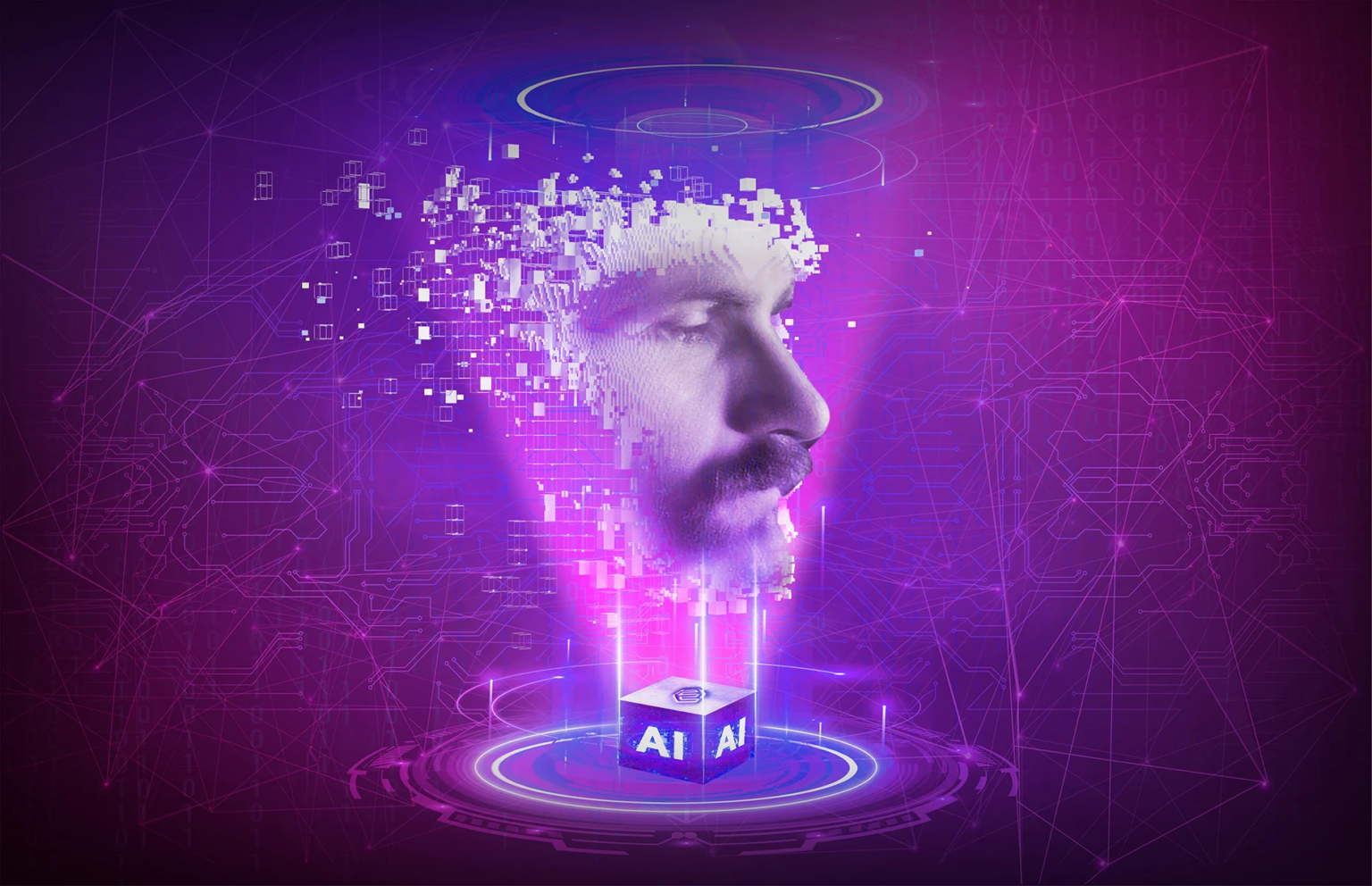Mumbai, 12th June, 2024: With the potential to revolutionize creativity and innovation in a variety of industries, GenAI has stepped in as a strong influence across industries. Although there are many aspects of GenAI, startups are especially using it in their experiments. On the one hand, newcomers like OpenAI and startups are pursuing ChatGPT-type consumer apps, while IT giants are racing against the clock to integrate GenAI into their existing suites of enterprise and governance technology. When it comes to new technologies, complications are also on the rise, with new ethics, rules, and protocols causing severe implications. With such a challenging framework, will the disruptive GenAI make it into the future? Let’s look at the current GenAI scenario in the Indian business market.
What are the major challenges of using GenAI?
- Data Quality and Quantity: High-quality, diverse datasets are crucial for GenAI models. Training GenAI models requires large volumes of data. On the one hand, poor data is leading to inaccurate results, while on the other hand, large datasets are costly and difficult to curate.
- Computational Resource: GenAI models, especially large ones, demand significant computational power and memory. While advanced hardware like GPUs and TPUs is getting more expensive, training is consuming substantial energy and raising environmental concerns.
- Bias and Fairness: With algorithms in the picture, training data biases are leading to biased outputs. Enterprises face the challenge of ensuring fairness and inclusivity by carefully designing and testing algorithms.
- Ethical and Legal Issues: Realistic fake content is spreading misinformation like haywire. While it is complex to determine ownership and rights, a lack of company guidelines and legal clarity is also hindering adoption, along with ethical concerns.
- Scalability and Integration: Deploying GenAI at scale involves infrastructure and maintenance challenges. While integrating GenAI solutions with existing systems requires significant technical expertise, the implementation costs are causing alarm.
- Skill Development: While employees are working on upskilling, it is becoming the organization’s responsibility to train the workforce and sustain the business. This requires the organizations to set a standard protocol and lay down policies, considering the serious need for upskilling.
How are we setting a Narrative?
- Continued Innovation and Swift Adoption: While India’s robust startup ecosystem is leading significant innovation in GenAI applications across various sectors, big tech giants with robust infrastructure are strategizing on the right integration. 59% of IT professionals at large organizations report that they have actively deployed AI, while an additional 27% are actively exploring using the technology.
- Focus on Ethical GenAI: The Indian government is developing more policies and regulations to ensure ethical deployment, addressing issues like bias, privacy, and accountability. It is important to establish industry standards for GenAI development and deployment, ensuring fair use of technology. 98% of consumers are more likely to choose services from companies with transparent and ethical GenAI practices.
- Workforce Development: Training the workforce with ongoing innovation has become a top priority for enterprises. Rather than replacing humans, future GenAI systems are likely to augment human capabilities, enhancing creativity, decision-making, and productivity. 46% of Indian companies are currently training or reskilling employees to work together with new automation and GenAI tools.
- Sustainable AI Practices: AI is playing a key role in advancing sustainability initiatives, from optimizing resource usage to monitoring environmental impacts. 30% of companies in India are leveraging generative AI (GenAI) for sustainable AI practices, reducing carbon footprints, and improving overall environmental impact.
- Targeted investment with the right roadmap: With the rise in adoption amongst startups, there seems to be a craze for raising the investment strategy for the GenAI business contribution. 74% of IT professionals at companies deploying or exploring AI indicate that their company has accelerated their investments in or rollout of AI in the past 24 months in areas like R&D (67%), reskilling and workforce development (55%), and building proprietary AI solutions (53%).
Generative AI holds immense potential to transform various industries in India, driving innovation, efficiency, and new business opportunities. However, addressing the challenges associated with data quality, computational resources, bias, ethics, and integration is crucial for successful implementation. By focusing on ethical practices, education, and sustainable development, India can harness the power of GenAI to build a prosperous and technologically advanced future.
To know more about us / publish your article, reach us at
www.quanticindia.com
marquis@quanticindia.com.



